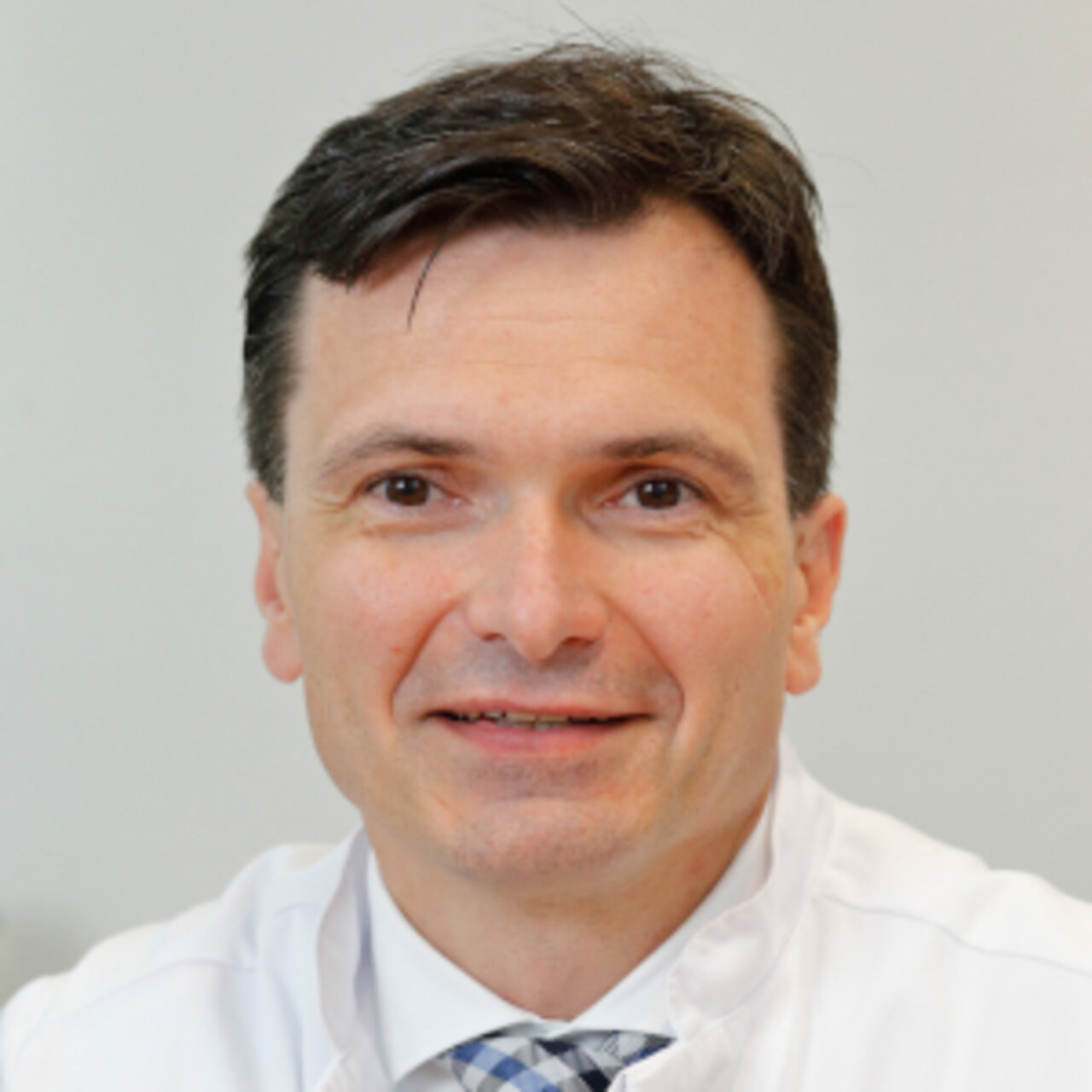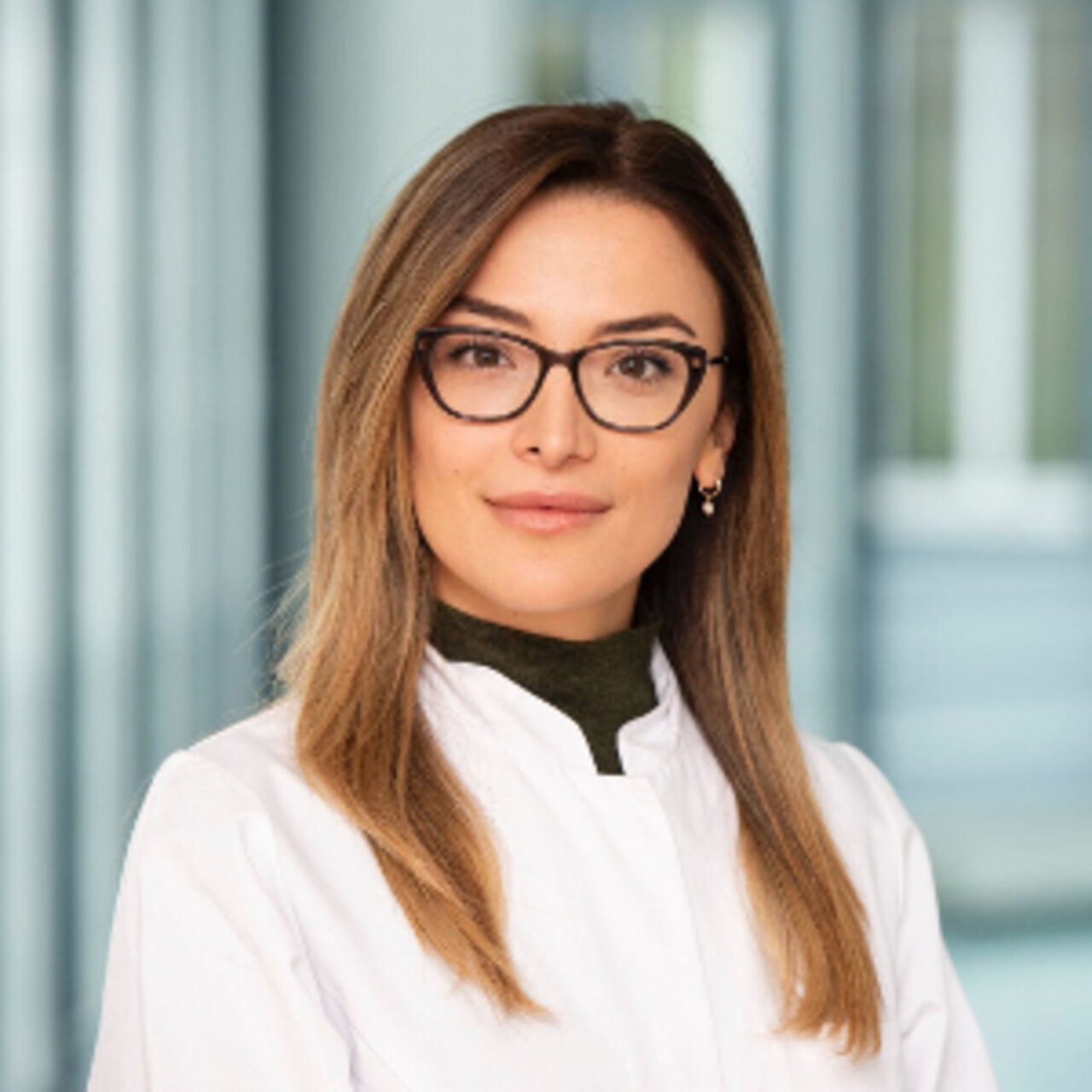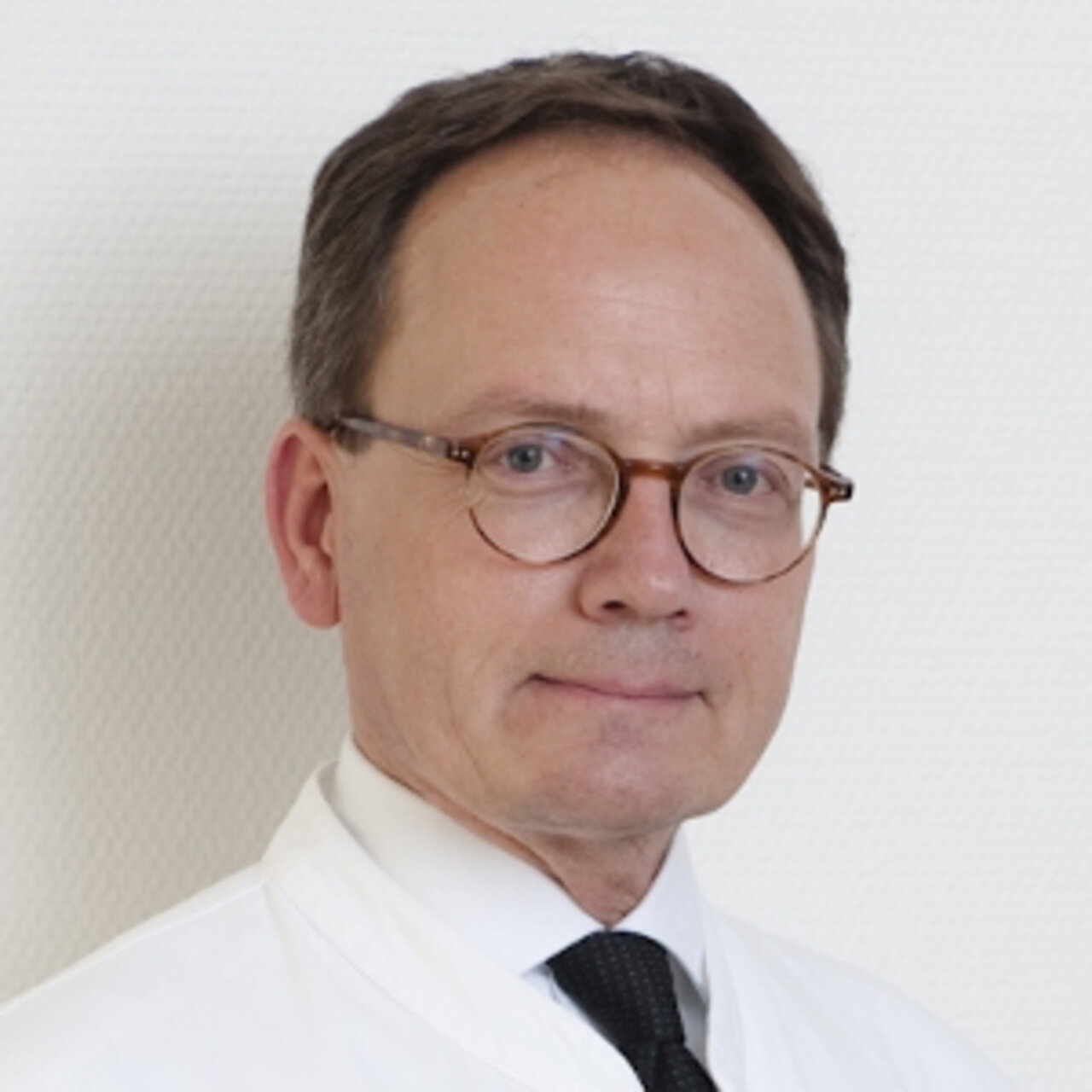Specialists in Heart Diseases
7 Specialists found
Dr Brunilda Alushi, PhD, FEACVI
Internal Medicine and Cardiology, Prevention and Imaging Diagnostics
Munich
Information About the Field of Heart Diseases
Which Heart Diseases Are There?
Diseases of the heart can be roughly traced along with their structure. The heart consists of a large muscle whose constant movement drives the blood through the veins, its network of vessels to supply this muscle, heart valves that prevent the reverse blood flow, and the excitation conduction system that carries the stimulus to contract specialized muscle cells throughout the heart.
All of these components can be affected by a disease. It is referred to as:
- Heart failure, when the activity of the heart is insufficient to supply the body.
- Coronary heart disease (coronaries - coronary vessels from Latin corona - wreath, crown) when the blood supply to the vessels in the heart is disturbed.
- A valvular heart defect means that one of the four heart valves cannot open or close sufficiently.
- A cardiac arrhythmia occurs when there is damage that impedes the conduction of impulses.
Furthermore, congenital heart defects and infectious diseases can be distinguished.
How Common Are Heart Diseases Worldwide?
Worldwide, cardio and vascular diseases lead the statistics on the most frequent causes of death. In Europe, coronary heart disease is at the top of the list. Circulatory disorders of the heart in the broadest sense rank much higher than infectious diseases in so-called developed countries.
Which Symptoms Are Caused by Heart Diseases?
The symptoms caused by heart disease can appear quite diverse. Common symptoms are:
- Chest pain can also spread to the arms, neck, jaw, and upper abdomen.
- A feeling of tightness
- Shortness of breath
- Reduced physical capacity
- Swollen lower legs and feet
- Heart palpitations
- Unconsciousness
In each case, these symptoms can also occur along with other diseases and vary in severity depending on the cause.
What Are the Causes of Heart Diseases?
The heart is very susceptible to diseases, but especially coronary vessels. If the blood flow is disturbed, it is usually caused by atherosclerosis of the vessels. Risk factors for this, such as an elevated cholesterol level in the blood, smoking, high blood pressure, diabetes mellitus, overweight, and lack of exercise, are mostly known.
The diseases mentioned so far may also be mutually dependent, as they partly originate from each other. Coronary heart disease, for example, can be a consequence of heart attack, heart failure, or cardiac arrhythmias.
How Are Heart Diseases Treated?
Causal therapy is not always realizable. Nevertheless, it is attempted to eliminate the cause of the disorder. In CHD, a distinction is made between acute symptomatic, long-term medicinal, and surgical reopening measures. Acutely, an attempt is made to reduce the oxygen demand of the heart. In the long term, the aim is to lower the cholesterol level and the heart's beating rate and improve the oxygen supply.
If drug therapy is not sufficient, an attempt is made to widen the constriction with cardiac catheterization, often using a stent (vascular support). Open surgery attempts to replace the affected arteries with another vessel from the patient, for example, a vein in the legs or an artery in the chest, in so-called bypass surgery.
How Can Heart Disease Be Prevented?
Although prevention means action before the onset of the disease, "secondary prevention" is always part of pre-existing coronary artery disease treatment and proven equally useful. It reduces the mentioned risk factors, treatment of concomitant diseases, avoidance of great exertion, and steady exercise. The social and cultural life conditions also influence the possibility of this.
Which Doctors and Clinics Are Specialized in Heart Diseases?
The medical field is cardiology as part of internal medicine. There are inpatient and resident physicians. General practitioners are also usually involved in the treatment.
We help you to find an expert for your disease. All listed doctors and clinics have been checked by us for their outstanding heart disease specialization and are awaiting your inquiry or treatment request.
Sources:
Renz-Poster, H./ Krautzig, S. (Hrsg.) (2013): Innere Medizin, 5. Auflage, Urban & Fischer (Elsevier), München






